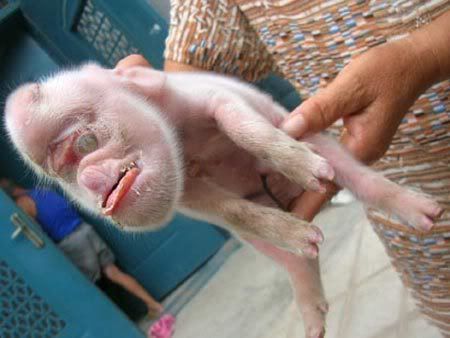Evolution has not prepared us for this
Humans are animals with self-consciousness. This self-consciousness may show it self to some small degree in other animals but this capacity for self-consciousness makes our species different in kind from other animals and this difference makes all the difference in the world.
Natural evolution produced the human species but there is more than a degree of difference between humans and other animals; there is a difference in kind between us and our animal cousins.
All other animals are creatures of naïve action determined strictly by emotions, i.e. instinct that is obeyed by non reflective programmed action. Humans however are aided or hindered, depending upon the situation, by self knowledge.
Otto Rank informs us that for man “knowledge about himself interferes with naïve action, restrains him and torments without affording him the satisfaction and liberation which the deed grants. He cannot accomplish through action any more because he thinks, because he knows too much. Now man longs for naïve unconsciousness as a source of happiness.”
Evolution by natural selection depends upon naïve preprogrammed action; without this form of unmitigated action natural selection can no longer be a significant factor in human development. Through “too much self-knowledge” we are restricted in our actions. However, through this capacity for abstract thinking, we have a creative side.
Knowing can be a substitute for living; itself a form of experiencing. Human will, resulting from self-knowledge, is the cause of an equal and negative deficit. The active hero resulting from self-knowledge can come to grief because s/he lacks the knowledge of the results of action. The passive individual cannot act because of self-knowledge restricting the will thus developing a feeling of guilt.
“The artist solves it for himself and others since he transposes the will affirmation creatively into knowledge, that is, expresses his will spiritually and changes the unavoidable guilt into ethical ideal formation, which spurs him on and qualifies him for ever higher performance in terms of self-development.”
Quotes from Truth and Reality by Otto Rank
Humans are animals with self-consciousness. This self-consciousness may show it self to some small degree in other animals but this capacity for self-consciousness makes our species different in kind from other animals and this difference makes all the difference in the world.
Natural evolution produced the human species but there is more than a degree of difference between humans and other animals; there is a difference in kind between us and our animal cousins.
All other animals are creatures of naïve action determined strictly by emotions, i.e. instinct that is obeyed by non reflective programmed action. Humans however are aided or hindered, depending upon the situation, by self knowledge.
Otto Rank informs us that for man “knowledge about himself interferes with naïve action, restrains him and torments without affording him the satisfaction and liberation which the deed grants. He cannot accomplish through action any more because he thinks, because he knows too much. Now man longs for naïve unconsciousness as a source of happiness.”
Evolution by natural selection depends upon naïve preprogrammed action; without this form of unmitigated action natural selection can no longer be a significant factor in human development. Through “too much self-knowledge” we are restricted in our actions. However, through this capacity for abstract thinking, we have a creative side.
Knowing can be a substitute for living; itself a form of experiencing. Human will, resulting from self-knowledge, is the cause of an equal and negative deficit. The active hero resulting from self-knowledge can come to grief because s/he lacks the knowledge of the results of action. The passive individual cannot act because of self-knowledge restricting the will thus developing a feeling of guilt.
“The artist solves it for himself and others since he transposes the will affirmation creatively into knowledge, that is, expresses his will spiritually and changes the unavoidable guilt into ethical ideal formation, which spurs him on and qualifies him for ever higher performance in terms of self-development.”
Quotes from Truth and Reality by Otto Rank

